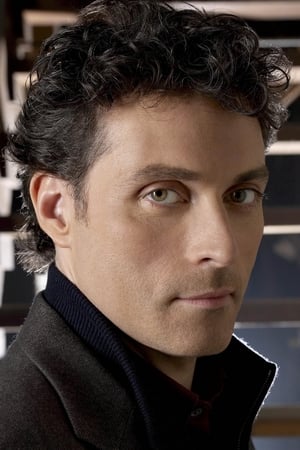

The better I got to know the woman whom I had been raised to revere, the more I marveled at her achievements and squirmed in her presence. The demands Eleanor Roosevelt made on herself could take a fearful toll on others, especially her husband. Their daughter Anna tells of one evening in the White House when her mother so infuriated her father with her insistence that he address a “sheaf of papers this high” during the 20 minutes permitted for two “very small” cocktails that he flung the entire stack across the room. Throughout their lives together, ER never stopped casting a pall over the short cocktail hour that gave FDR enormous pleasure. that it would be best if you answered it now?” she insisted. “Don’t you think, Franklin, that you should answer it promptly?” she urged. One morning over breakfast she asked if a letter had arrived. Ward recounts a telling conversation between the young FDR and his wife. In A First Class Temperament, Geoffrey C. She was also determined that he would do good.

During their engagement she wrote to her future husband, “Sometimes I think that a woman’s moods are sent her just as a man’s temptations are.”īut the demands ER made on herself could take a fearful toll on others, especially the man with whom she had linked her destiny when she was only 20 and he had just turned 23. In her autobiographies she admitted to a tendency, when hurt or angry, to withdraw into a punishing silence-her Griselda mood, she called it. On the rare occasions when she was less than that, ER owned up to her failings scrupulously. Her personal conduct was no less inspiring she was the embodiment of one of her husband’s favorite words-grand. Because of her efforts, women as well as men had Civilian Conservation Corps camps, and children no longer drank tainted milk, and blacks got a share, if not a fair one, of the defense miracle that was wresting the nation out of the Depression and into World War II. She had emerged from a tragic, if gilded, childhood to embrace the underdog, speak up for the disenfranchised, and battle tirelessly for human dignity. If Lucy Mercer had been a weaker, less generous-spirited woman, FDR might not have become one of America’s greatest Presidents.) Everywhere I looked for Lucy, there stood ER, larger than life, better than good, generous, high-minded, selfless. (If FDR had not fallen in love with Lucy Mercer, ER might never have become a force for peace and social justice. See also " Miss LeHand: FDR's Influential and Largely Forgotten Assistant"Įleanor Roosevelt was the greatest obstacle I faced when I started the research for Lucy, a novel about the love affair that altered and almost derailed twentieth-century history. Four years ago, when reports of presidential misbehavior convulsed the country, I found myself wanting to tell the story of three people who comported themselves with dignity and grace in the face of imminent heartbreak and of an era that allowed them to. All three lingered in my consciousness long after the need for adolescent mutiny faded.

My discovery of Lucy Mercer, FDR’s great love, complicated the story and humanized the characters. The void left by my father, who died shortly after the war, made the towering national patriarch even more irresistible. My love affair with her husband, which came later, was more personal and had to do as much with my adolescent yearnings as the great man’s achievements. In the 1950s and 1960s she was the fearless, indefatigable, right-minded woman every girl who knew there was more to life than cheerleading wanted to emulate. My fascination with Eleanor Roosevelt dates back to my childhood. Eleanor Roosevelt might have been a saint, but she was a saint with a faddish bent and a powerful peasant breath. Yet when I came across it, I heard the subversive rasp of a key turning in a lock. Unlike a formerly unpublished letter from which I finally got permission to quote, it wasn’t even classified. Unlike a chronology of events I later unearthed, the note was not a new discovery. It begins, “ER: her garlic pills (Sis could smell them on her breath).” It is covered with a penciled note in the kind of cryptic shorthand I and most writers I know use when insight or inspiration strikes. and Eleanor Roosevelt, there is a scrap of yellowing paper, about four inches by five. In the FDR Library in Hyde Park, among the effects of Anna Roosevelt Halsted, the only daughter of Franklin D.


 0 kommentar(er)
0 kommentar(er)
